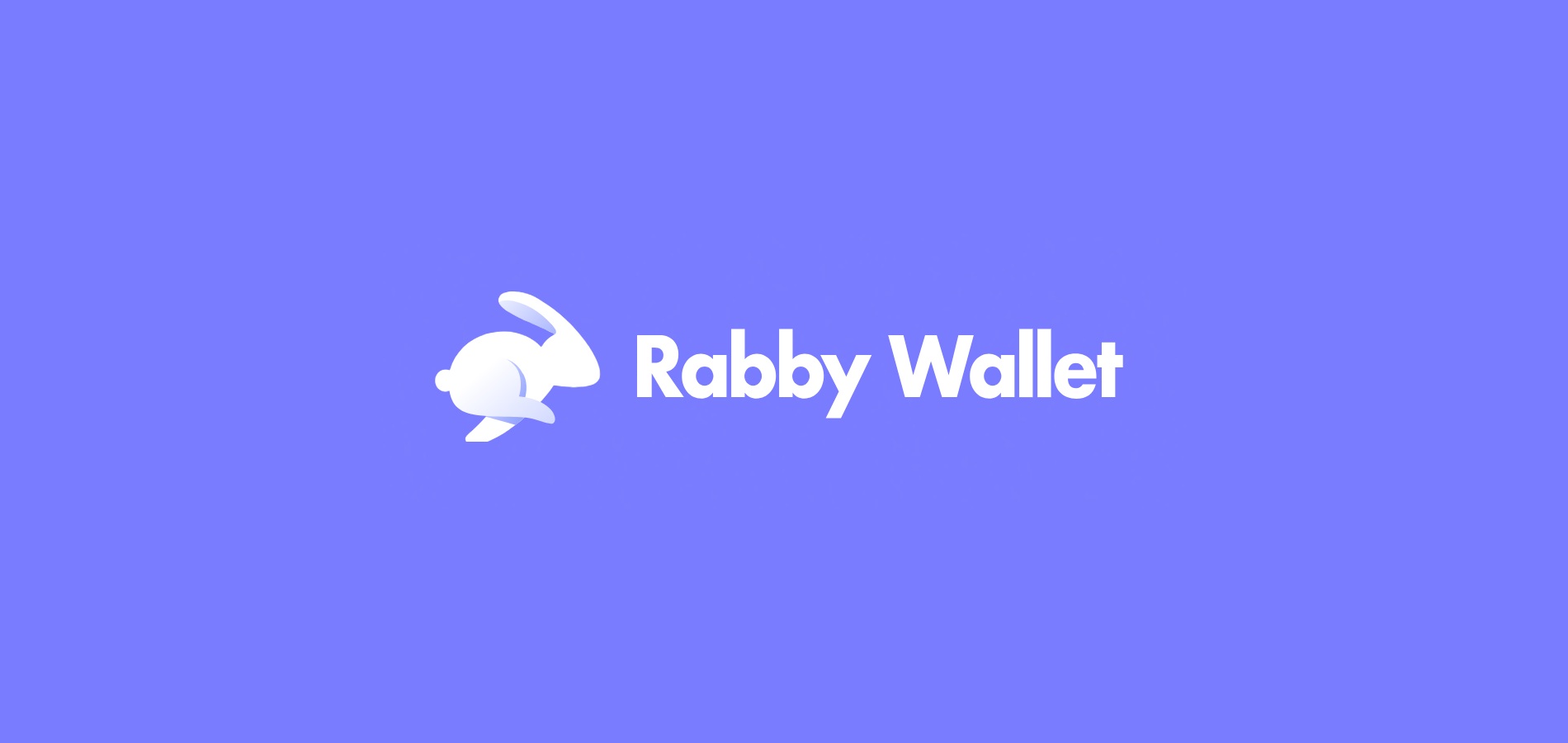Ever sent a DeFi transaction and just waited, fingers crossed? Yeah, me too. It’s like throwing your cash into the wind and hoping it lands somewhere safe. Seriously, DeFi is thrilling but also a bit like the Wild West—gas fees spike unpredictably, and security gaps can swallow your funds in a blink. Wow! Navigating this maze requires more than just luck; it calls for tools that not only protect your assets but also make your transactions efficient.
At first glance, you might think all wallets are created equal. But that’s far from the truth. My gut feeling told me somethin’ was off when I tried juggling multiple chains and noticed how clunky the process was—slow simulations, failed transactions, and needless gas waste. Actually, wait—let me rephrase that. It’s not just clunky; it’s downright risky and costly without the right setup. On one hand, you want security; on the other, you want to keep your fees low. Though actually, achieving both simultaneously is tricky.
Here’s what bugs me about many crypto wallets: they focus heavily on UI or integration but skimp on transaction simulation and gas optimization. That’s like buying a sports car but never tuning the engine—it looks good, but performance suffers. So, what if your wallet could simulate your DeFi transactions beforehand, catch any potential failures, and optimize gas usage all in one place? That’s where wallets like rabby wallet come in, offering a smarter way to handle multi-chain DeFi operations.
Of course, no tool is perfect. I’m not 100% sure every feature is foolproof, but it’s a leap in the right direction. The key is transaction simulation—it’s like a dress rehearsal before the main show. You avoid those embarrassing failures that cost real ETH. Honestly, I remember once sending a swap that failed mid-way and burned through almost $20 in gas for nothing. Yeah, that hurts.
Check this out—imagine a wallet that shows you exactly how much gas you’ll spend, suggests cheaper timings, and flags risky contract interactions before you hit “Confirm.” That’s not just neat; it’s game-changing for DeFi users tired of bleeding fees and fearing hacks.

The Real Deal with Transaction Simulation and Gas Optimization
Transaction simulation is more than just a nifty add-on; it’s becoming a necessity. Think of it as a spell-checker for your blockchain moves. Before you commit, you get a preview of success or failure, plus gas estimates that can save you a ton. My initial thought was, “Is it really worth the hassle?” Then I realized how many times I almost lost funds or paid excessive fees because of blind submissions.
Gas optimization ties directly into this. Ethereum and other chains can get congested fast, pushing fees sky high. If your wallet doesn’t natively suggest ways to tweak gas prices or delay transactions for cheaper windows, you’re basically throwing money away. Oh, and by the way, gas optimization isn’t just about setting a low gas price—it’s about smart timing, bundling transactions, and sometimes, even choosing alternative chains.
With multi-chain DeFi exploding, managing assets across Ethereum, Binance Smart Chain, Polygon, and others can be a nightmare. Each has different gas models and quirks. A wallet like rabby wallet helps by consolidating these complexities into a single, intuitive interface. It’s like having a seasoned guide who knows shortcuts and pitfalls.
But what about security? That’s where many wallets falter. They may offer gas estimation but lack robust security checks. Rabby integrates smart contract risk warnings and phishing detection, which actually saved me from clicking a shady link once. Seriously, this part can’t be overstated—DeFi is a playground for exploits, and your wallet should be your first line of defense.
Still, I’m a bit skeptical about relying entirely on automated alerts. False positives can cause unnecessary panic, and sometimes risk signals are missed. So, while Rabby and similar wallets boost security, users must stay vigilant and not treat these tools as silver bullets.
Why Multi-Chain Support is Crucial for DeFi Power Users
Multi-chain isn’t just a buzzword anymore—it’s a daily reality. If you’re deep into DeFi, you’re likely hopping between chains to chase yields or arbitrage opportunities. Managing multiple wallets or extensions? Yeah, that’s a pain. It’s like juggling flaming swords. So, a multi-chain wallet that offers seamless switching, transaction simulation, and gas optimization is a solid win.
My experience with rabby wallet showed me how much time and frustration you save when the wallet handles the heavy lifting. Plus, it reduces human error, which is huge when dealing with contracts and tokens across different ecosystems.
That said, it’s not all roses. Sometimes multi-chain wallets introduce new attack vectors or bugs that single-chain wallets avoid. I’ve noticed occasional hiccups syncing balances or displaying token info properly. These might sound minor but can shake your confidence. So, while I’m biased towards Rabby for its features, I keep a backup plan ready.
Anyway, the takeaway is this: DeFi security and transaction efficiency are intertwined, and your wallet choice can make or break your experience. Tools like Rabby, with smart transaction simulation and gas optimization plus multi-chain support, feel like the future. But always keep that critical eye—no tech is infallible.
Quick FAQs on DeFi Wallet Security and Gas Savings
How does transaction simulation actually prevent failed transactions?
It runs your transaction in a “sandbox” environment, mimicking blockchain conditions to predict if it’ll succeed or fail before you spend any gas. This avoids costly mistakes.
Can gas optimization tools lower my fees significantly?
Yes, by suggesting optimal gas prices and timing, sometimes you can save 20-50% on fees, depending on network congestion and your transaction type.
Is multi-chain support safe to use?
Generally, yes, but it depends on the wallet’s implementation. Wallets like rabby wallet include security checks tailored for multi-chain risks, but always stay cautious.
